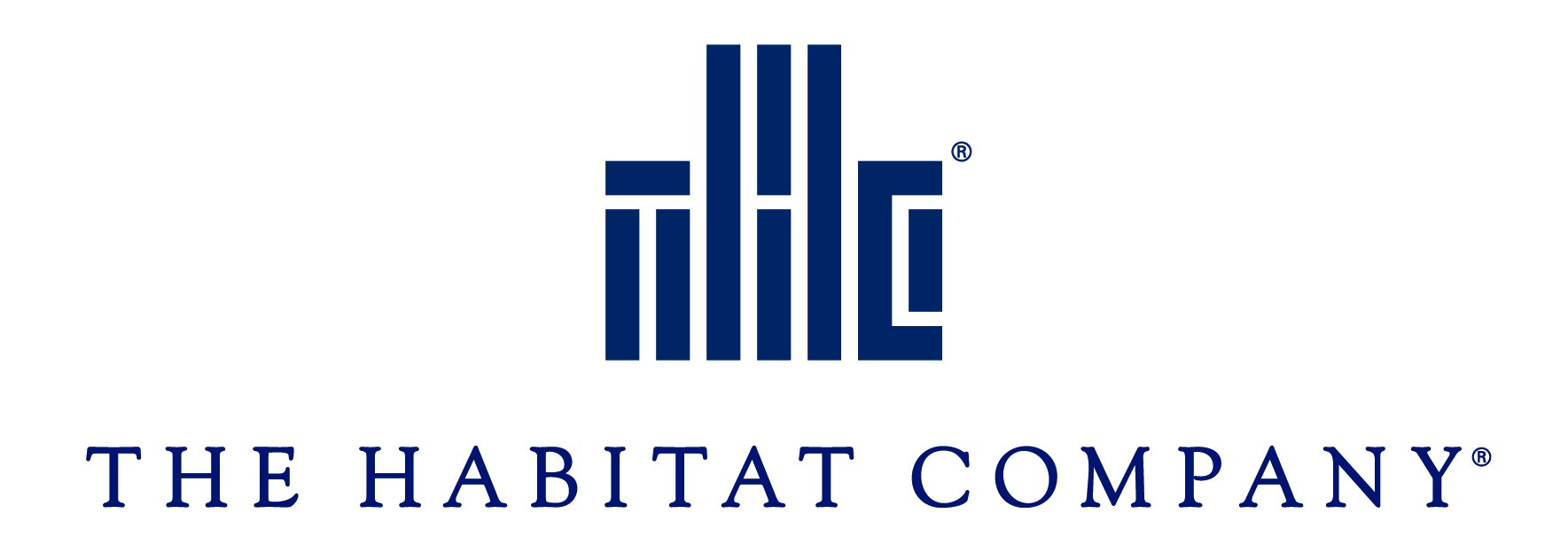Environmental Mitigation and Ecological Offset Markets with Mark Bernstein of Magnolia Land Partners
Magnolia aims to balance the needs of economic development with the important task of preserving our world's most valuable natural resources. On this episode of Real Estate for Breakfast, host Phil Coover talks environmental mitigation (that is mitigation with an “M”, not an “L”), and the creation of ecological offset markets, with Mark Bernstein of Magnolia Land Partners. The two discuss Magnolia Partners’ distinctive business model, which includes creating mitigation banks to help businesses navigate complex permitting challenges, while working with landowners to restore environmentally protected areas such as wetlands. The company receives credits for each restoration project, which it then trades with companies that need to comply with environmental regulations.
The podcast also covers the economic incentives for participating in these types of restoration programs, and how available programs create economic markets which revolve around mitigation. Mark explains that Magnolia covers 100 percent of the costs associated with restoration and landowners are simply required to maintain the land and comply with the terms of the conservation easement. He also points out that this opportunity allows a proprietor to retain ownership of their land. This company is a fascinating case study in land preservation, while creating tax incentives, other economic incentives, and even profits, while being environmental stewards.
Phil also asks Mark about the challenges of environmental mitigation work, his favorite projects, and the company’s plans to increase their ability to preserve land. As a co-founder of Magnolia Land Partners, Mark and his team have already secured 10,000 acres under conservation in fourteen active states, and are pioneering a new era in environmental stewardship.
Prior to founding Magnolia Land Partners, Mark led the analyst team and guided new market development at one of the largest mitigation banking companies in the US. During that time, he was published in the Journal of Environmental Geosciences for contributing to the development of a new condition assessment protocol employed in wetland and stream mitigation throughout the state of Pennsylvania. Mark holds a Bachelor of Arts (cum laude with departmental honors) in Environmental Science and Economics from Northwestern University and is a member of the inaugural class of Venture For America.
For more information about Magnolia Land Partners, visit https://mitigation.org/.




















